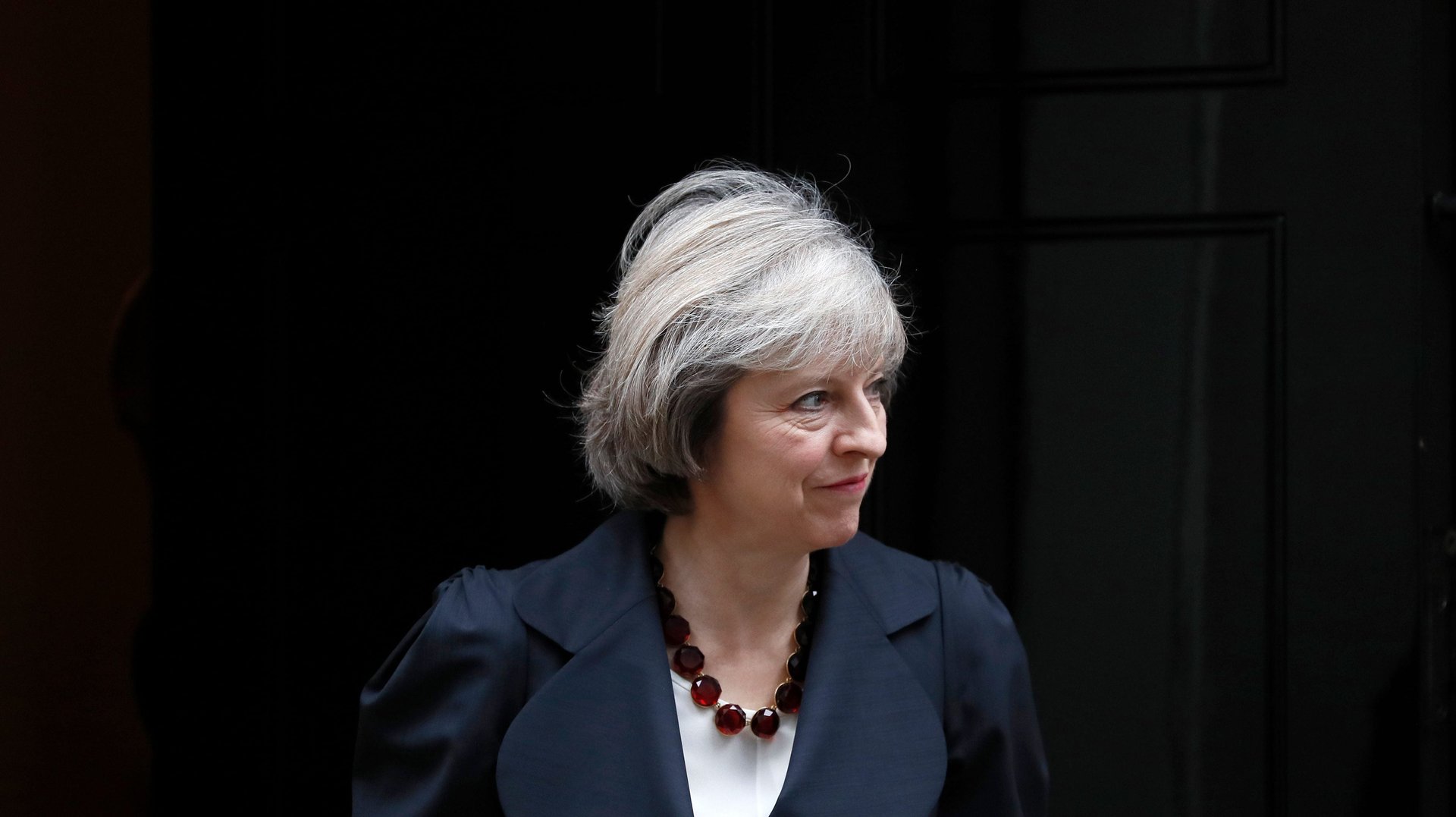Theresa May has just survived another Brexit test
UK prime minister Theresa May narrowly won a no-confidence vote in her Conservative government tonight (Jan. 16) by 325 votes to 306. She is poised to stay on as leader—for now—but the victory won’t do much to break the political deadlock over Brexit.


UK prime minister Theresa May narrowly won a no-confidence vote in her Conservative government tonight (Jan. 16) by 325 votes to 306. She is poised to stay on as leader—for now—but the victory won’t do much to break the political deadlock over Brexit.
Jeremy Corbyn, leader of the Labour opposition, triggered the vote after May’s proposed Brexit deal with the EU was voted down yesterday in Parliament by a historic margin. It was the worst UK government loss in nearly a century, with 118 of May’s own party members voting against.
The Brexit divide is not neatly split against traditional party lines, which has greatly complicated both the past two-and-a-half years of Brexit negotiations and what comes next.
May announced her intention to start talks with the leaders of the opposition parties and the EU about a way forward on Brexit from this evening. But Corbyn said he would not do so until May rules out a no-deal Brexit, while SNP Westminster leader Ian Blackford said he would only engage in talks if she were prepared to consider extending the UK’s Article 50 declaration to exit the EU or holding a second referendum as options. A representative for the Liberal Democrats, Ed Davey, said they too wanted an assurance that a no-deal Brexit would be ruled out before they began talks.
May has until Jan. 21 to present a new proposal. It is not yet clear whether she will be able to give opposition party leaders the assurances they are asking for ahead of talks.
European leaders have expressed doubt that there could be any renegotiation, with Austria’s chancellor Sebastian Kurz and an Irish spokesperson ruling it out. Donald Tusk, president of the European Council, hinted that this might be an opportunity for the UK to change its mind and remain in the EU.
A likely next step will now be extending the March 29 deadline to leave the EU. Ahead of this week’s UK votes, EU officials said they expected London to request a delay and that they’re prepared to offer a technical extension until July.
Brexit could still then be pushed back further, should a general election or second referendum come about, as they’d take weeks or months to organize. (Corbyn can call a no-confidence vote as many times as he sees fits, and May could herself decide at any time to step down.)
If the Brexit standoff can’t be broken, the UK, unless action is taken, will depart the bloc under a no-deal scenario on March 29. Legislators seem unlikely to let that happen. There is currently no majority for a no-deal Brexit and Parliament has moved to make it harder to materialize.